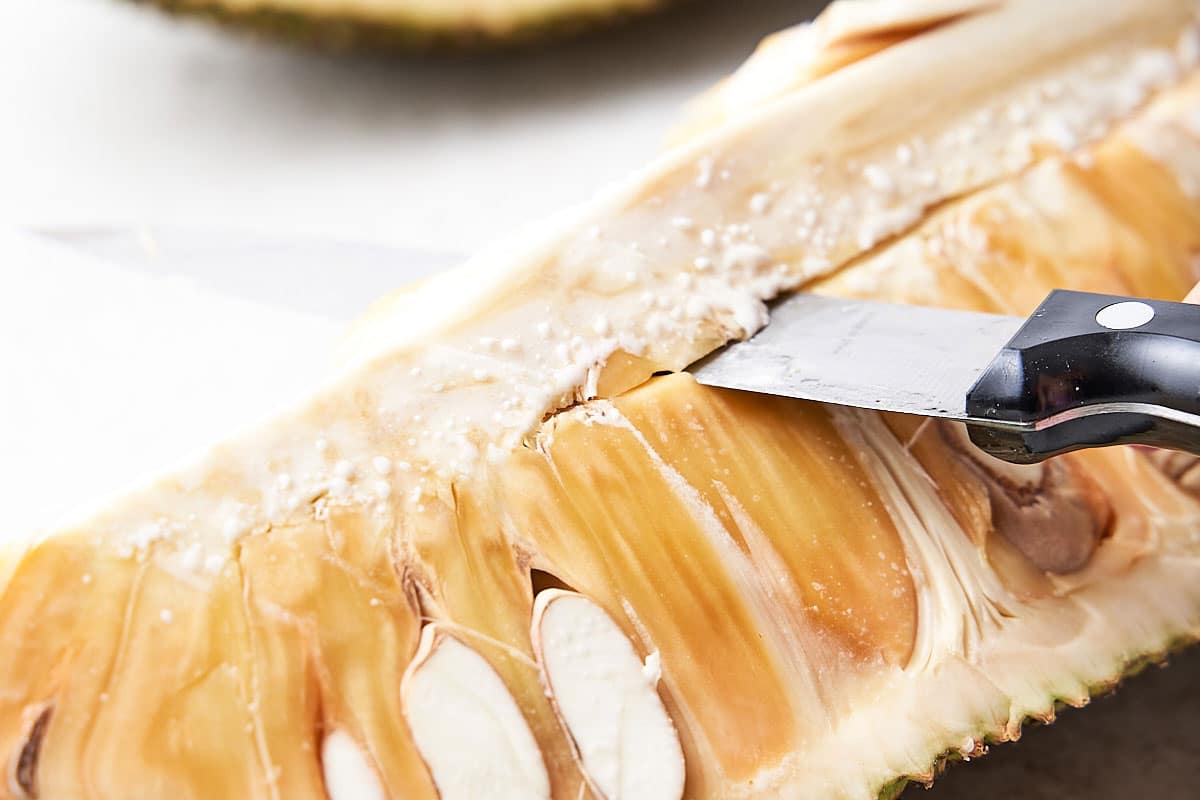Is a Dull Chef Knife Safe to Use? The Shocking Truth for Barbecue Enthusiasts
Written By James Morgan
If you are an avid barbecue enthusiast, you understand the importance of having the right tools to prepare your meats. One of the most critical tools in your arsenal is the chef knife. But the million-dollar question is, is a dull chef knife safe to use? This question isn't just important; it's crucial for your culinary creations and your safety.
When it comes to barbecue, precision is key. A sharp chef knife can make all the difference in your food preparation, but what about a dull one? Many people believe that a dull knife is just a minor inconvenience, but the reality is far different. Let's dive deep into the topic and uncover the real impact of using a dull chef knife.

The Real Danger of Using a Dull Chef Knife
At first glance, a dull chef knife may not seem like a big deal. After all, it still cuts, doesn't it? The truth is that using a dull knife can lead to numerous problems, some of which can be downright dangerous. The primary issue is the increased risk of accidental cuts. When a knife is dull, you need to apply more force to cut through your ingredients. This extra force can lead to slips, which can result in serious injuries.
Furthermore, a dull knife can make your food preparation slower and more frustrating. It can tear through your meats instead of slicing them cleanly, affecting the texture and presentation of your barbecue dishes.
The Importance of Knife Maintenance
Maintaining your chef knife is crucial for both safety and efficiency. Regular honing and sharpening can keep your knife in top condition, ensuring smooth and precise cuts. In fact, experts recommend honing your knife after every few uses and sharpening it at least once a month. For more detailed guidance, check out this insightful article on how often should a chef hone their knife.

Recognizing When Your Knife Needs Sharpening
Being able to recognize when your knife needs sharpening is essential. Here are some telltale signs that your chef knife is due for a sharpening session:
- The knife struggles to cut through soft ingredients like tomatoes or herbs.
- You find yourself applying more pressure than usual to slice through meats.
- The knife leaves jagged edges on your food instead of clean slices.
If you notice any of these signs, it's time to sharpen your knife. Not only will this improve your cooking experience, but it will also ensure your safety in the kitchen.
Quality Matters: Choosing the Right Knife
Investing in a high-quality chef knife can make a significant difference in your barbecue preparations. Look for a knife that feels comfortable in your hand and is made from durable materials. For more tips on selecting the best chef knife, refer to this helpful guide on what to look for when buying a chef knife.

Improving Your Knife Skills
Improving your knife skills is another way to ensure safe and efficient food preparation. Proper techniques can minimize the risk of accidents and enhance your culinary creations. If you're looking to hone your skills, check out these expert tips on how to use kitchen knives safely.
Proper Storage and Care for Your Chef Knife
Proper storage and care are essential for maintaining your chef knife's sharpness and durability. Always store your knife in a protective sheath or a knife block to prevent it from dulling or getting damaged. Additionally, avoid putting your knife in the dishwasher, as the harsh detergent and high temperatures can damage the blade.
Regular cleaning and drying can also prevent rust and corrosion, ensuring your knife stays in top condition for longer. For more tips on knife care, read this article on how to take a bend out of a chef knife.
Frequently Asked Questions (FAQs)
1. How often should I sharpen my chef knife?
It's recommended to sharpen your chef knife at least once a month. However, the frequency can vary depending on how often you use the knife and the type of ingredients you cut.
2. Can a dull chef knife damage my food?
Yes, a dull chef knife can tear through your food instead of slicing it cleanly, affecting the texture and presentation of your dishes.
3. What's the best way to store my chef knife?
The best way to store your chef knife is in a protective sheath or a knife block. This helps prevent the blade from dulling or getting damaged.
As an Amazon Associate, I earn from qualifying purchases.
As an Amazon Associate, I earn from qualifying purchases.



